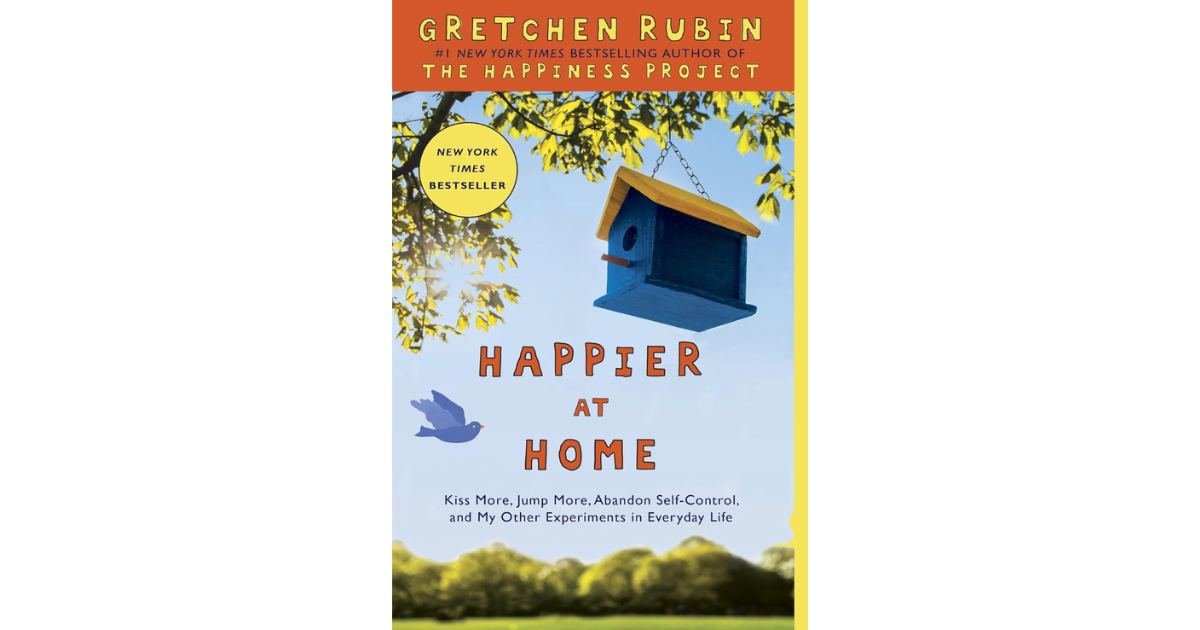Business Book Review: The Courage to be Disliked by Ichiro Kishimi and Fumitake Koga
The Courage to be Disliked is your permission slip to stop seeking the approval of others and stop caring about what they think about you.
My Rating: ★★★★★
Length: 288 pages
Publisher: Allen & Unwin
Released: 2017
Key Takeaways for Personal Branding
The Courage to Be Disliked by Ichiro Kishimi and Fumitake Koga is your permission slip to stop caring about what other people think.
The authors cleverly distil the core concepts of Adlerian psychology and philosophy. They use the characters of a philosopher and his conversations with a youth.
Adlerian psychology is based on the work of Alfred Adler. Who along with Sigmund Freud and Carl Jung, was one of the three giants of psychology.
Adlerian psychology is also aligned with Greek philosophy.
More than just how to stop seeking recognition from others, the book shares many thought-provoking concepts:
Your Past Doesn’t Matter
Unlike its counterparts, Adlerian psychology doesn’t blame your present state on past causes or people. But, rather on your current goals:
“…we do not think about past ‘causes’, but rather about present ‘goals’”
“If we focus only on past causes and try to explain things solely through cause and effect, we end up with ‘determinism’. Because what this says is that our present and our future have already been decided by past occurrences, and are unalterable.”
The book uses the example of a friend of the youth experiencing social anxiety. The philosopher says that the friend manufactures the anxiety to support the goal of not going out. Even the physical symptoms are created to support the goal.
In a bold move, Adlerian psychology also denies the existence of trauma altogether:
“When you treat a person’s life as a vast narrative, there is an easily understandable causality and sense of dramatic development that creates strong impressions and is extremely attractive. But Adler, in denial of the trauma argument, states the following: ‘No experience is in itself a cause of our success or failure.’”
“We humans are not so fragile as to simply be at the mercy of aetiological (cause and effect) traumas. From the standpoint of teleology, we choose our lives and our lifestyles ourselves.”
Your Equipment
Adler encourages you to embrace the equipment you’re working with:
“To quote Adler again: ‘The important thing is not what one is born with, but what use one makes of that equipment.’"
The Courage to Change
The book proposes that since you aren’t defined by your past, you can choose to change:
"Whether you go on choosing the lifestyle you’ve had up till now, or you choose a new lifestyle altogether, it’s entirely up to you.”
But, change takes courage. When we fail to change, we don’t have a competency problem, we have a courage problem:
“When we try to change our lifestyles, we put our great courage to the test.”
“Your unhappiness cannot be blamed on your past or your environment. And it isn’t that you lack competence. You just lack courage.”
Separation of Tasks
In a courageous conclusion, it’s proposed that all problems are interpersonal problems. As they somehow relate to a relationship or thoughts about what others might think.
But, if you ‘separate the tasks’, or delegate the tasks to others at all opportunities, those problems are no longer your problem:
“First, one should ask ‘whose task is this?’ Then do the separation of tasks. Calmly delineate up to what point one’s own tasks go, and from what point they become another person’s tasks.”
“What another person thinks of you—if they like you or dislike you—that is that person’s task, not mine.”
Delegating tasks helps both yourself and others grow:
"My child is my life. In other words, the parent is taking on the child’s task as his or her own, and is no longer able to think about anything but the child. When at last the parent notices it, the ‘I’ is already gone from his or her life.”
‘Vertical' and ‘Horizontal’ Relationships
The book discusses ‘horizontal’ and ‘vertical’ relationships.
Vertical relationships are hierarchal e.g. boss and employee or parent and child. They are based on seeking approval and recognition from the vertical relationship.
Horizontal relationships see everyone as equals. Therefore, you aren’t seeking the approval or recognition of anyone.
Alder believes that relationships should be horizontal.
Behaviours like praising should be avoided at all costs (including with children). As they foster manipulation for desired behaviours and create vertical relationships. Whatever the context, they also make praise feel condescending. Instead, practise gratitude. Simply thank the person.
Favourite Quotes
Those who go so far as to boast about things out loud actually have no confidence in themselves.
When one seeks recognition from others, and concerns oneself only with how one is judged by others, in the end, one is living other people’s lives.
The Courage to be Disliked by Ichiro Kishimi and Fumitake Koga: Available on Amazon.




